
Councils in Wales placed looked-after children in unregistered care settings more than 200 times in the last two-and-a-half years, figures have shown.
Local authorities have to place some children in residential care and most of the time the homes are registered with regulator Care Inspectorate Wales (CIW).
Sometimes though, councils have to put together improvised arrangements, usually for young people with more complex needs, due to a shortage of suitable provision. The homes in these instances are unregistered.
Unregistered settings don’t by definition mean the children placed there aren’t being appropriately looked after, and councils often view these arrangements as the least worst option, but CIW said they lack safeguards that came with being registered and also constituted an offence.
The regulator said children living there may have limited school opportunities and also have to move on to another setting, causing further disruption.
A freedom of information request by the Children’s Homes Association (CHA) – a group representing independent children’s homes – revealed there were 218 placements in unregistered settings by Wales’s 22 councils between 1st January 2022, and 12th June 2024. Cardiff and Rhondda Cynon Taf councils had the highest figures – 43 and 33 respectively – while two councils, Neath Port Talbot and Blaenau Gwent, had no unregistered children’s placements.
The number of unregistered placements in homes operated by the independent sector was, at 17, far lower during the two-and-a-half year period, despite the independent sector operating by far the majority of children’s residential homes in Wales.
The CHA’s freedom of information request to the Welsh Government also asked about the number of new registered chidren’s care homes.
It is all linked to a wider debate about Welsh Government plans to eliminate profit from the care of looked-after children. The independent sector fears the proposed legislation could lead to a major disruption of provision because of private operators pulling out of Wales.
The Welsh Government does not believe private profits should be made from children’s care, and said it was giving councils millions of pounds to increase their in-house residential and foster care capacity.
The freedom of information response to the CHA said 97 care homes were registered in Wales between January 2022 and June 2024, only 26 of which were local authority ones.
Eight councils didn’t register any new homes in that time. The response, in answer to another question, also identified a higher proportion of “priority action notices” were issued by regulator CIW to council-run homes than privately-run ones. These notices require a provider to take action to address regulatory failings.
The CHA said it believed there had been an “indisputable” increase of children placed in unregistered settings since the Welsh Government announced its profit-elimination plans.
A CHA spokeswoman said: “Sadly, we anticipate this will continue until there is clarity on policy implementation, and meaningful engagement with the children’s residential sector, which is desperately needed despite repeated requests over the past two years from providers, local authorities, and sector representative bodies for their voices to be heard.”
The Welsh Government said its plan to eliminate profit from the care of looked-after children was driven by the experiences and views of the children themselves.
It also wants to reduce the rising number of children in care – the figure stood at just over 7,200 in 2023 – deliver more care closer to where the children lived, and reduce the number and cost of residential care placements.
Dawn Bowden MS, the Minister for Social Care, has said a lot of money had been made from looked-after children, with some operators reportedly making profits of up to 23%.
The Bill to transform children’s care was laid in the Senedd in May and is undergoing scrutiny. If passed, no new for-profit children’s providers would be allowed to register with CIW from April 2026. However, existing for-profit children’s providers would still be able to operate prior to further restrictions from April 2027.
The Welsh Government said associated risks and potential unintended consequences were being assessed by a board representing different groups operating in the sector including the private sector.
A Welsh Government spokeswoman said it acknowledged challenges and complexities but that, according to CIW, there was currently no direct evidence about the proposed legislation’s impact on the sufficiency of residential care places.
The CHA said some larger private providers had indicated they won’t be renewing leases because of the policy.
The Welsh Government spokeswoman said: “We have established a robust work programme with local authorities and partners across the sector to deliver this in a way that minimises disruption, mitigates risks and safeguards the welfare and well-being of those in care."
“We are also investing an additional £68 million into the sector over 2022-2025 to help local authorities build capacity in-house and not-for-profit residential and foster care provision, to help transition children from residential care back into a family settings, and to provide locally-based and designed services, including specialist provision for children with more complex needs to improving outcomes for children.”
The Welsh Local Government Association (WLGA), which represents councils, supports the commitment to remove profit from the care of looked-after children but said councils would have to more than triple their provision if no private providers changed to being non-profit.
A WLGA spokesman said progress was being made in developing in-house provision of children’s residential homes.
He added: “However, we must recognise the time and resources required to establish new provision and ensure that any actions taken in implementing the ambition do not risk destabilizing current placements. Transitioning profit settings to not-for-profit models is complex and resource-intensive, and there is a need to ensure that local authorities are appropriately resourced and supported to manage these changes.”
A separate report by public finance experts said councils in Wales spent £210 million on children’s residential care in 2022-23, well over double the figure (£85 million) from five years previously, and that the market was not functioning as well as it should.
It also said that, according to the Competition and Markets Authority, providing care for looked-after children in local authority placements was no less expensive than care in private placements.
“It is important that looked-after children receive the care that they need and that local authorities achieve value for money in securing placements for looked after children in their area,” said the report by the Chartered Institute of Public Finance and Accountancy.
“It should not matter who is providing care for looked-after children so long as it leads to positive outcomes for those children and represents value for money for the public pound.”
The report added: “Currently there is a sense of an all-or-nothing approach. To reduce the risk of serious market disruption, alternative options should be explored. For example, introducing a cap on profits, a national price banding depending on the type of care provided, or a more phased approach.”




 Man charged with burglary spree
Man charged with burglary spree
 Sully: two rescued after tidal cut off
Sully: two rescued after tidal cut off
 Santa to switch on Penarth's Christmas lights
Santa to switch on Penarth's Christmas lights
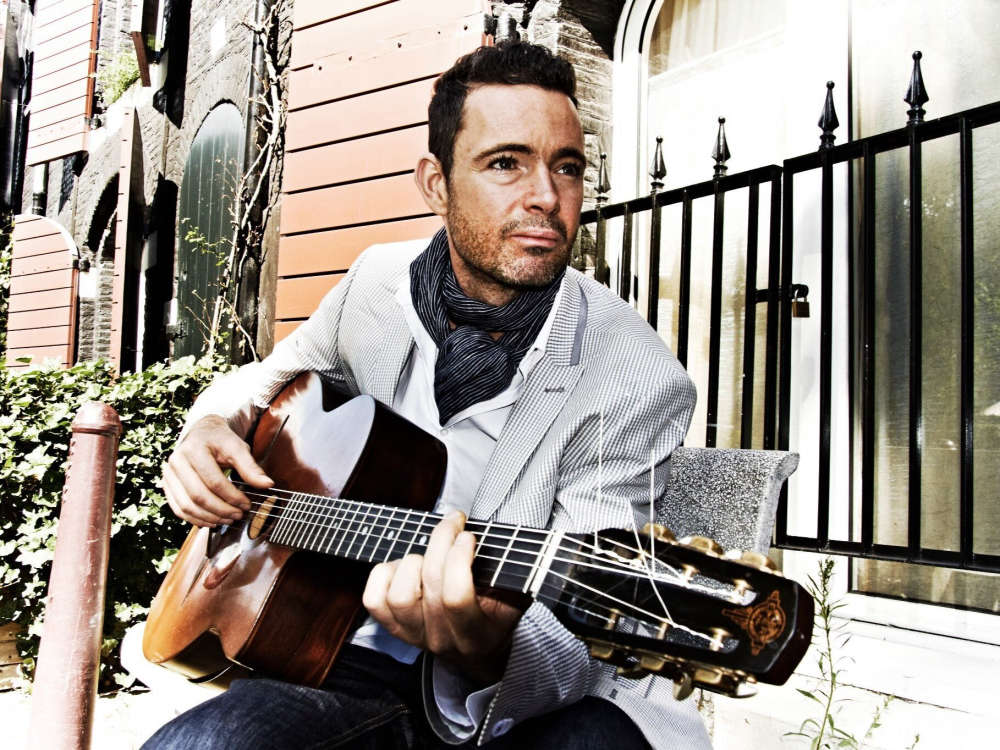 Robin's trio brings Beatles jazz to Barry
Robin's trio brings Beatles jazz to Barry
 Sully surgery introduces electronic prescriptions
Sully surgery introduces electronic prescriptions
 Trains resume after Barry Dock incident
Trains resume after Barry Dock incident
 RNLI sends poppies to Paddington
RNLI sends poppies to Paddington
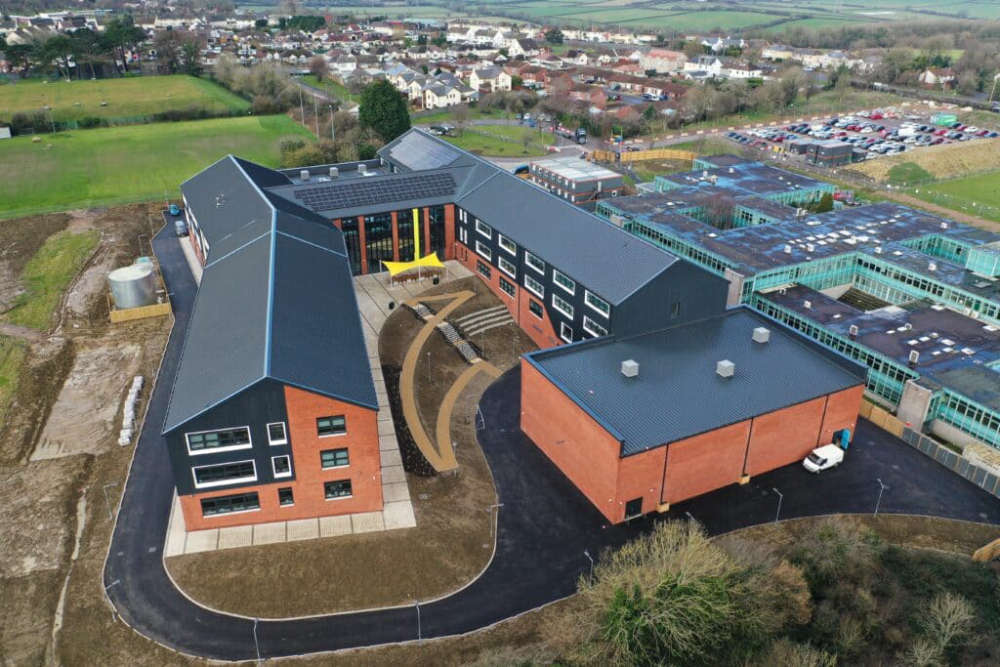 Teacher suspended over child sex abuse claims
Teacher suspended over child sex abuse claims
 Stanwell students raise £2k for Penarth's RNLI
Stanwell students raise £2k for Penarth's RNLI
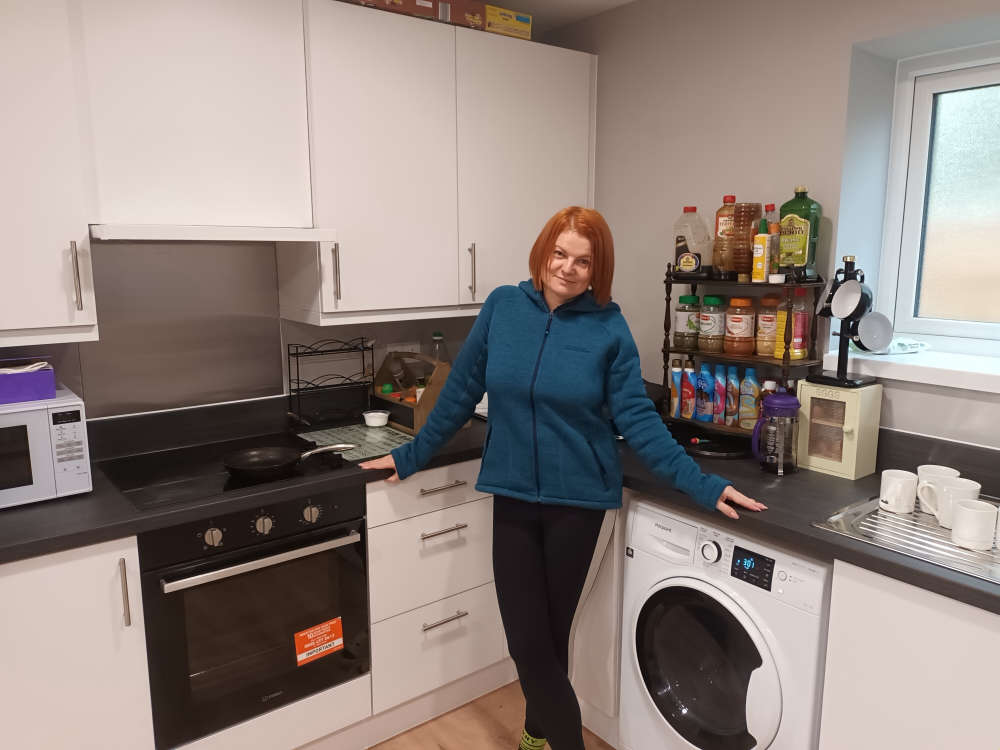 Ukrainian mother moves into Eagleswell homes
Ukrainian mother moves into Eagleswell homes
 Spate of car burglaries in Cardiff and Penarth
Spate of car burglaries in Cardiff and Penarth
 Sully man charged after drugs bust
Sully man charged after drugs bust
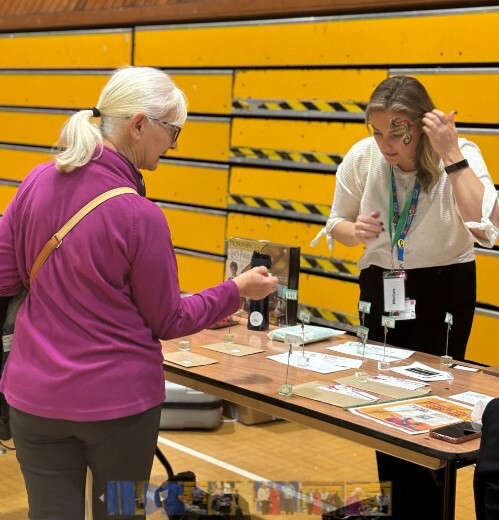 Healthy turnout for one-stop shop
Healthy turnout for one-stop shop
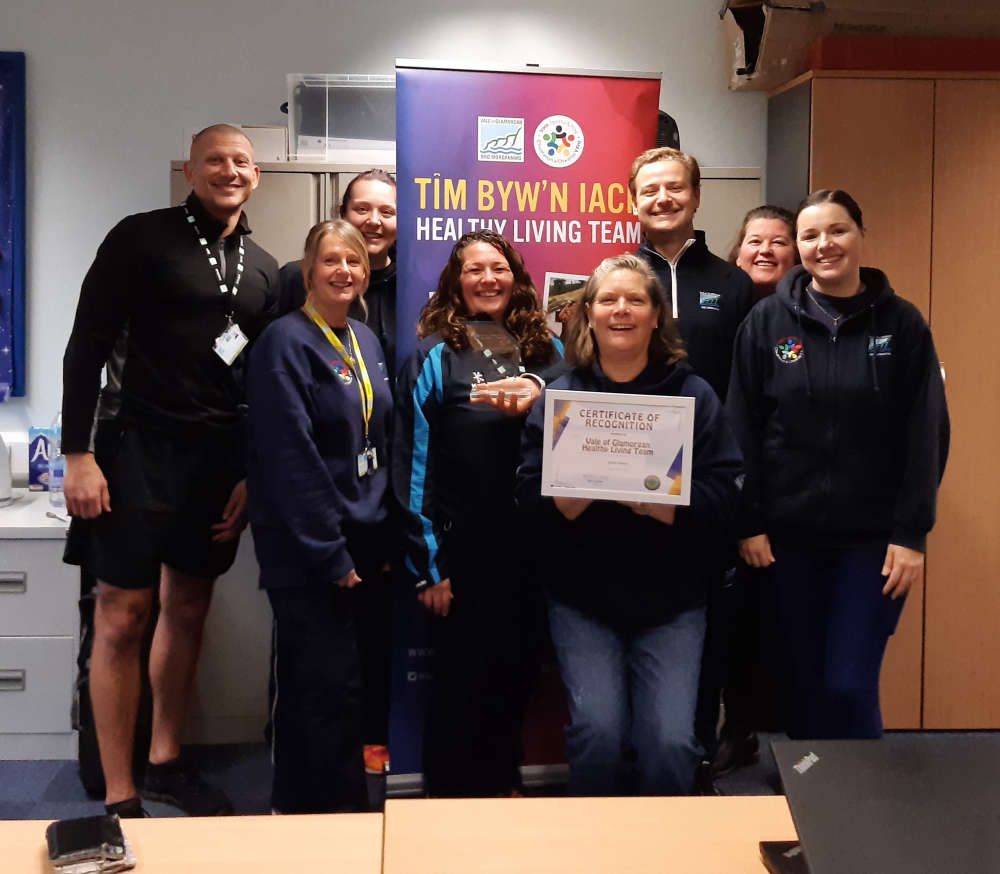 Healthy living team wins disability award
Healthy living team wins disability award
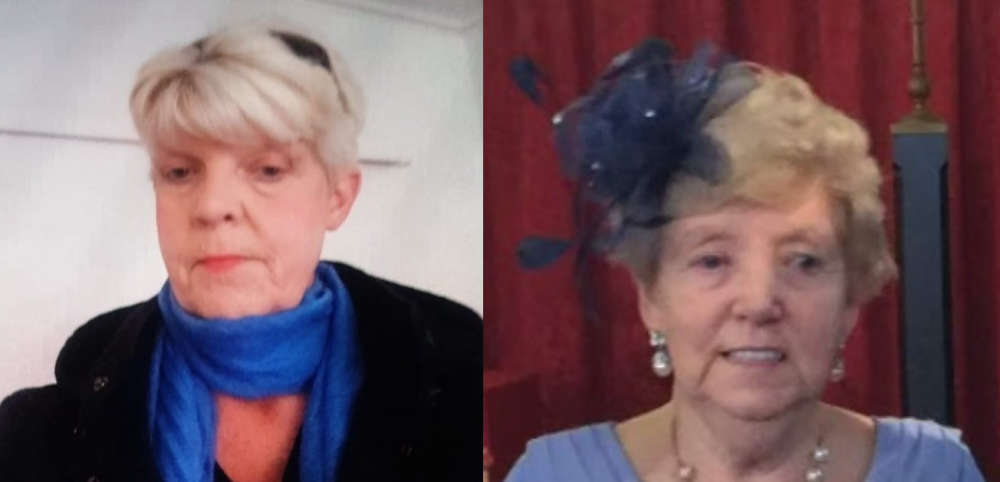 Tributes to two women killed in Barry collision
Tributes to two women killed in Barry collision
 Vale Telecare faces pricing shake-up
Vale Telecare faces pricing shake-up
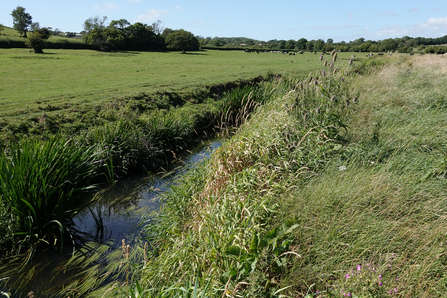 Enforcement action over illegal embankment
Enforcement action over illegal embankment
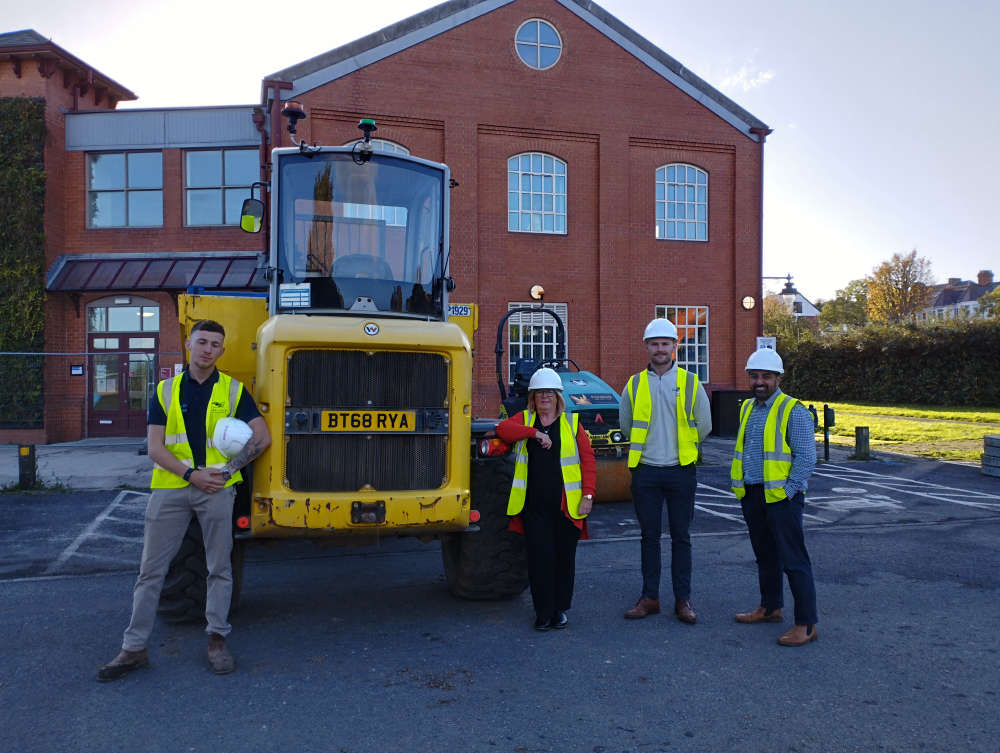 Engine Room set for £1m upgrade
Engine Room set for £1m upgrade






